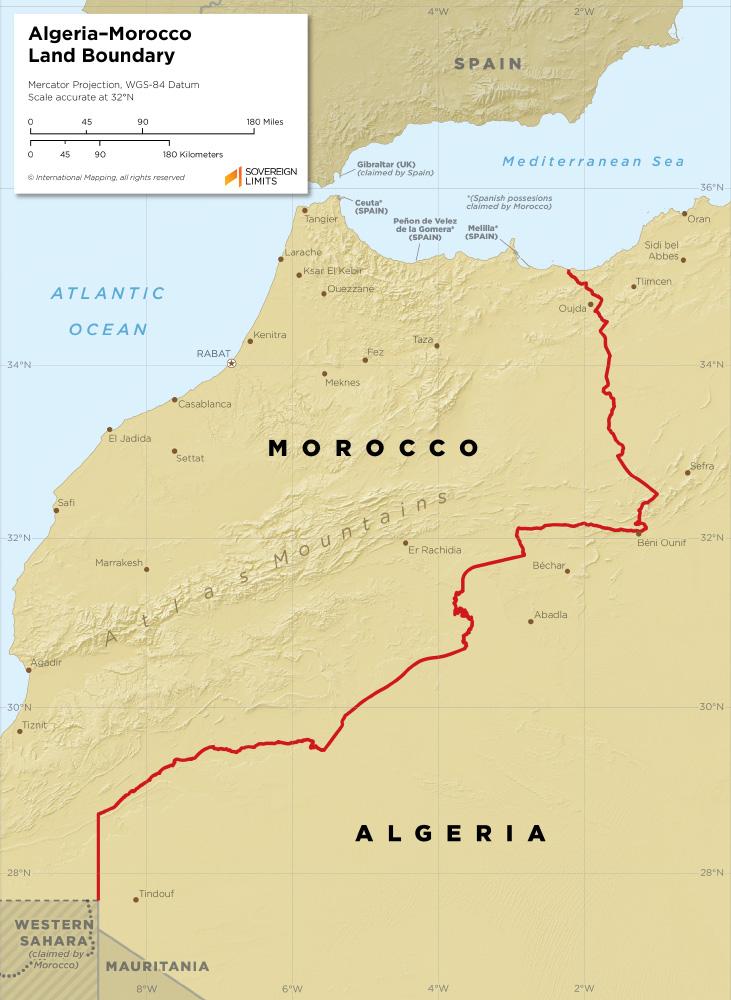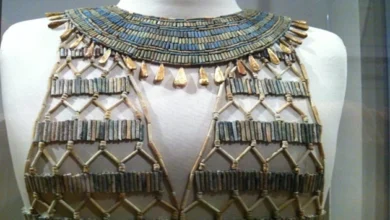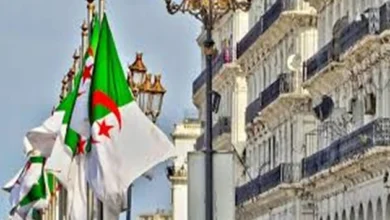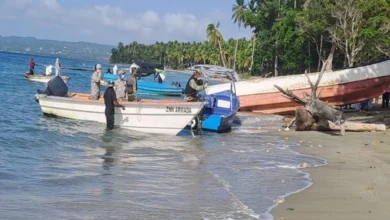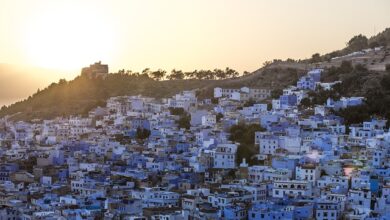What will new tensions on the Algeria-Morocco border lead to?
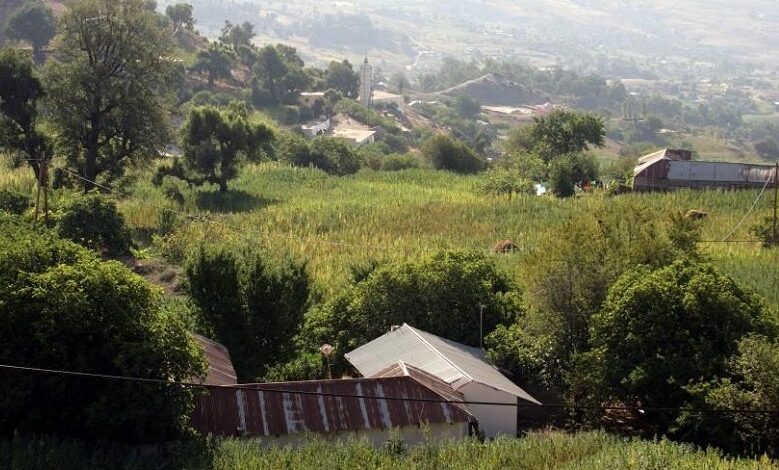
For several months, after the United States announced its support for Morocco’s sovereignty over Western Sahara, there has been a concern on the Algerian-Moroccan border. Last weekend, tensions erupted in the border region of El Arja, located about ten kilometers from Figuig.
The Algerian authorities officially demanded that a group of Moroccan farmers, who have been working on this land for years, vacate the border area and leave Algerian territory. This decision triggered a wave of protests on the other side of the border, in the province of Figuig.
Moreover, no official comment has yet been made following this incident. However, some Moroccan political parties and movements have spoken out in support of the farmers in question.
What is happening at the border? Will this incident lead to an escalation of tensions between Algeria and Morocco? What are the comments from both sides of the border?
According to the Sputnik News interview with Algerian and Moroccan politicians and experts. Abdel Aziz Aftaty, leader of Morocco’s ruling party, said Algeria’s neighbors’ actions were unacceptable and set back bilateral relations for decades.
“All this is reminiscent of the beginning of the drama that took place in the mid-1970s. The measures taken by Algeria are incompatible with the principle of good neighborliness and threaten the policy of peaceful coexistence along the border,” he said.
Within the framework of domestic law
Radwan Bouhidel, professor of political science at the University of Algiers, explains that the approach taken is entirely within the Algerian authorities’ competence since the territories in question are not disputed. However, they are located in a border area.
“Algeria allowed the exploitation of the land by Moroccan farmers for reasons of good neighborliness. But it turned out that they were growing cannabis on it: this is illegal in our country. Of course, they were put on notice to leave the land immediately and to leave the country,” he said.
According to him, the absence of any official comment from Morocco only confirms this version.
Regarding the consequences for Moroccan farmers, if they refuse to leave Algerian territory, the expert stresses that “the illegal exploitation of land, the illegal production of certain prohibited crops would lead to arrest and lengthy criminal proceedings. The Moroccan side would then undoubtedly find itself at the heart of the scandal, which would needlessly worsen the already strained relations at the border between the two States”.
As for Moroccan farmers, they say that a delegation made up of Algerian soldiers and civilians came to their homes to force them to leave the territory as soon as possible. They ask the Moroccan government “not to be silent, but to tell the whole truth” about the incident.
At the end of the 1970s, hostilities broke out between Morocco and Algeria in the border area. This conflict is called the War of the Sands.
With the recognition of Moroccan sovereignty over Western Sahara and the normalization of relations between Morocco and Israel, fears are growing on both sides of the border as to a possible escalation in border areas.
